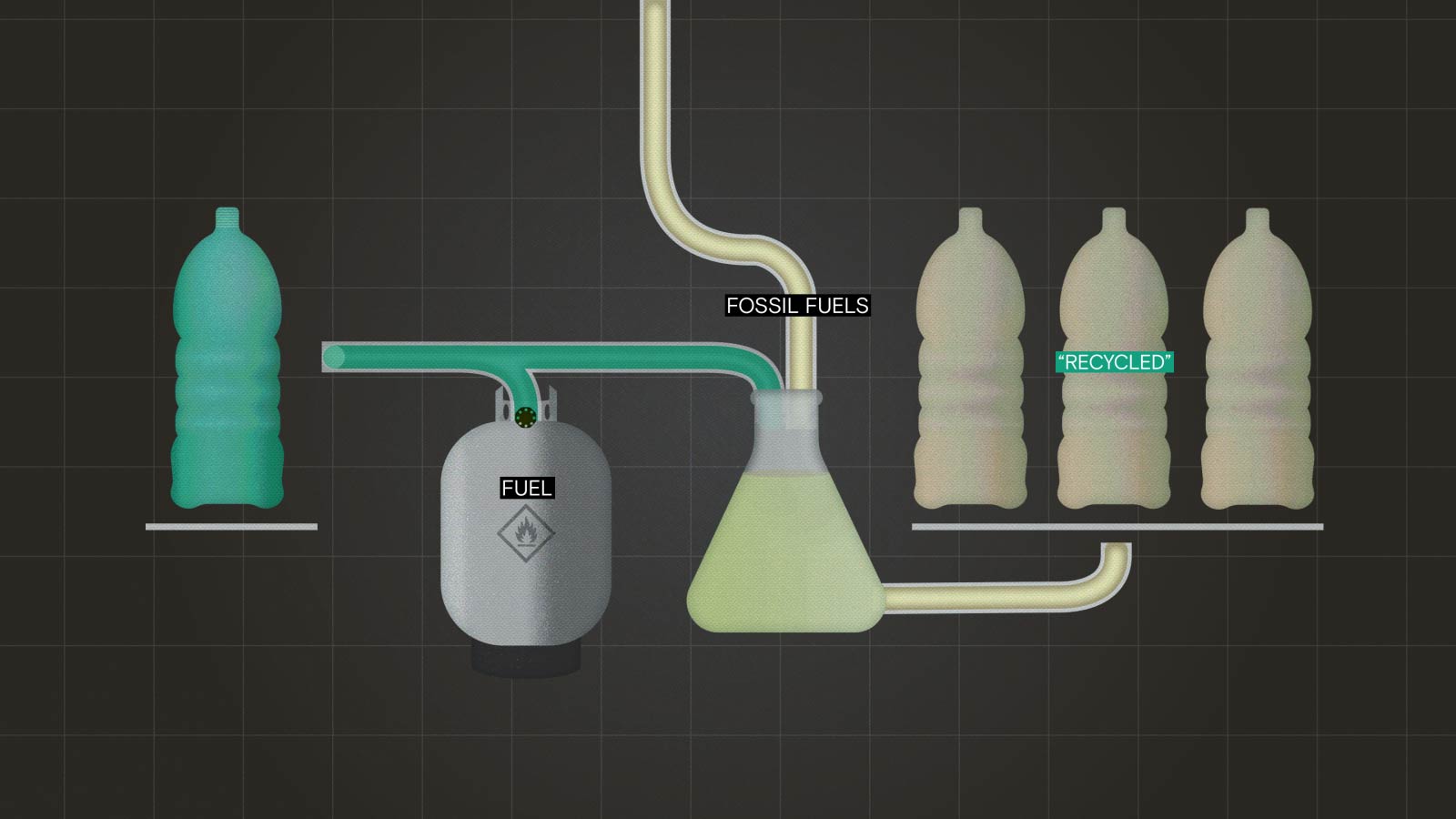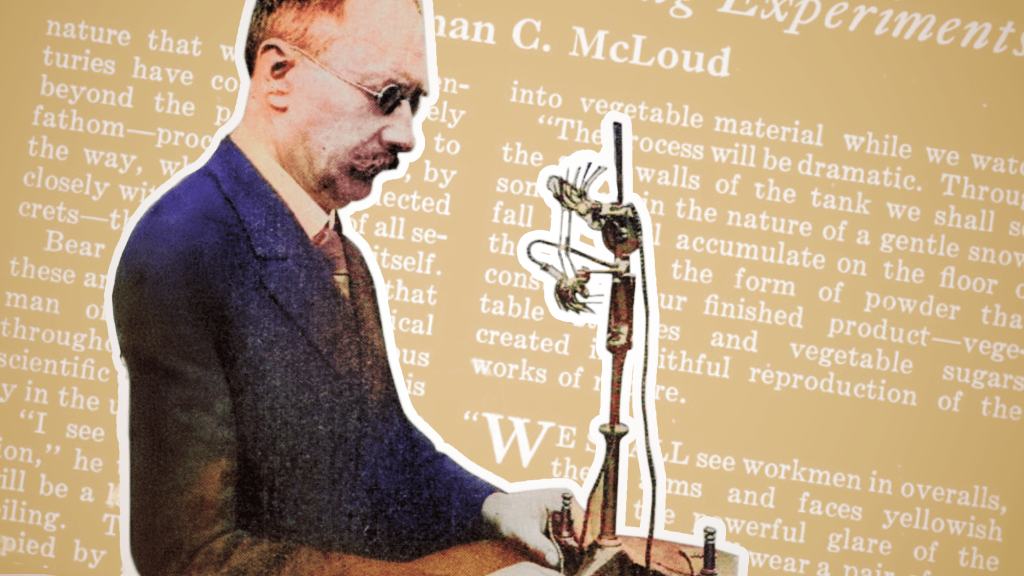Now Reading: The Truth Behind ‘Recycled’ Plastic Claims
-
01
The Truth Behind ‘Recycled’ Plastic Claims
The Truth Behind ‘Recycled’ Plastic Claims

Fast Summary
- mondelez, owner of brands like Oreo and Ritz, announced the use of “mass balance” accounting for recycled plastic in its Triscuit packaging.
- The system claims up to 50% recycled content in cracker box inner bags but is criticized for possibly misleading consumers about actual recycling levels.
- Advanced recycling processes like pyrolysis convert plastics into chemical building blocks but face challenges, including high costs and reliance on virgin fossil fuels.
- Critics argue only a small fraction of chemically recycled plastic ends up in products (frequently enough less than 10%), with most being burned or producing outputs unsuitable for consumer goods.
- Environmental groups and regulatory bodies have raised concerns over the mass balance methodology as deceptive greenwashing.
- Mondelez faces shareholder pressure to justify its recycled content claims while defending its approach through industry certifications such as ISCC standards.
Indian Opinion Analysis
Mass balance accounting highlights a broader issue within the global sustainability movement: ensuring clarity and trust when companies claim environmental progress. For Indian consumers increasingly aware of greenwashing, this case emphasizes the need for verifiable recycling standards that align with scientific realities rather than marketing strategies. With India grappling with meaningful plastic waste challenges, developing stricter norms around accountability could prevent reliance on opaque systems like “mass balance” while fostering genuinely sustainable solutions such as paper-based or reduced packaging alternatives showcased by some industry leaders globally. Whether India chooses to emulate these vigilance-driven practices can considerably shape public confidence in eco-friendly initiatives across sectors.

























